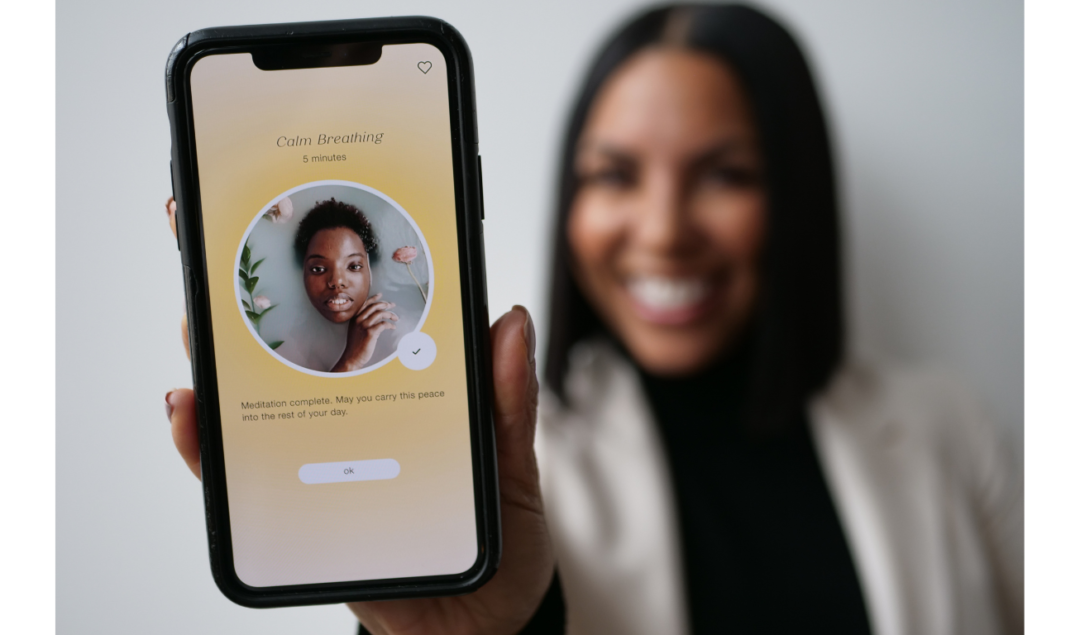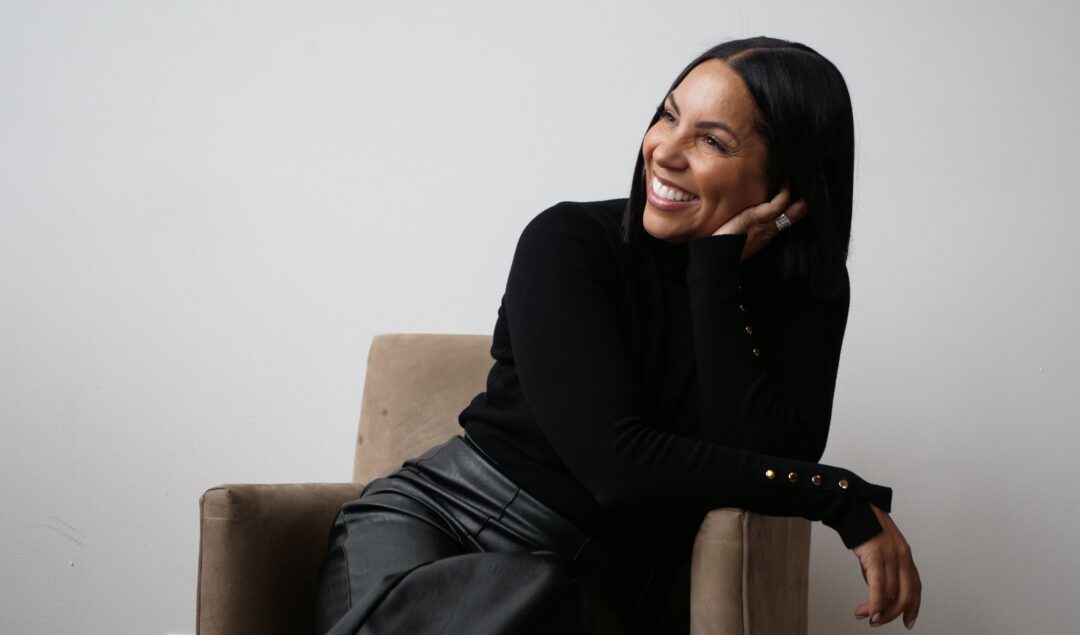Many of us have kickstarted 2024 with goals for the new year. These goals range from learning more about our finances and getting fit to prioritizing our wellbeing or simply reading more. We have compiled a list of some Black-owned apps that may help you on your way! Prioritize Your Wellbeing – Exhale Black founder Katara McCarty launched her app, Exhale, in 2020 after struggling to find an app suited to Black women’s wellbeing. Exhale is the first emotional wellbeing app for Black, Indigenous, and Women of Color (BIWOC). The app coaches users through
Black founder Katara McCarty launched her app, EXHALE, in 2020 after struggling to find an app suited to Black women’s wellbeing. Exhale App EXHALE is the first emotional well-being app designed for Black, Indigenous, and Women of Color (BIWOC). EXHALE was born from the idea that the Black and Brown community is holding its breath, waiting for the next video of police brutality, the next micro-aggression, or the following adverse health impact statistic. “It’s time to exhale – to breathe out all that isn’t serving BIWOC and breathe in healing, energy and
EXHALE, a well-being app for Black women and women of color, shared its findings from a report that almost 2 in 5 (36%) Black women have left their jobs because they felt unsafe. The State of Self-Care for Black Women report EXHALE recently published its “The State of Self-Care for Black Women” report based on its survey of 1,005 Black women in the U.S. The report states that while diversity, equity and inclusion initiatives are expected in institutions today, fostering safe spaces for Black women requires more specific resources to focus on their






